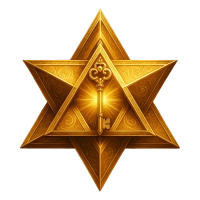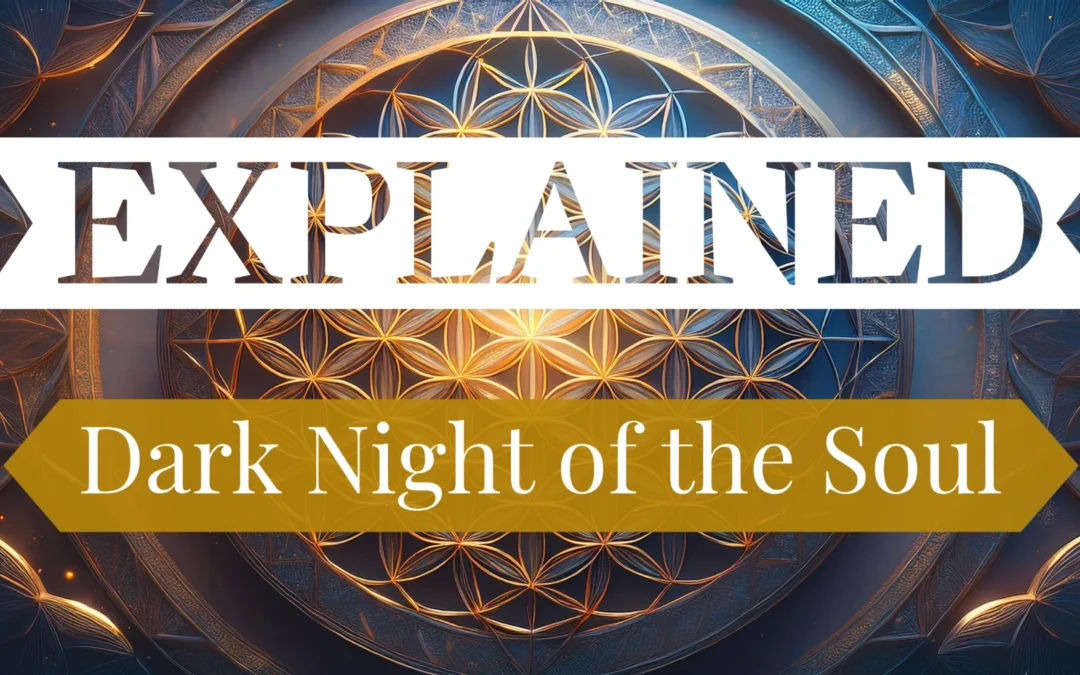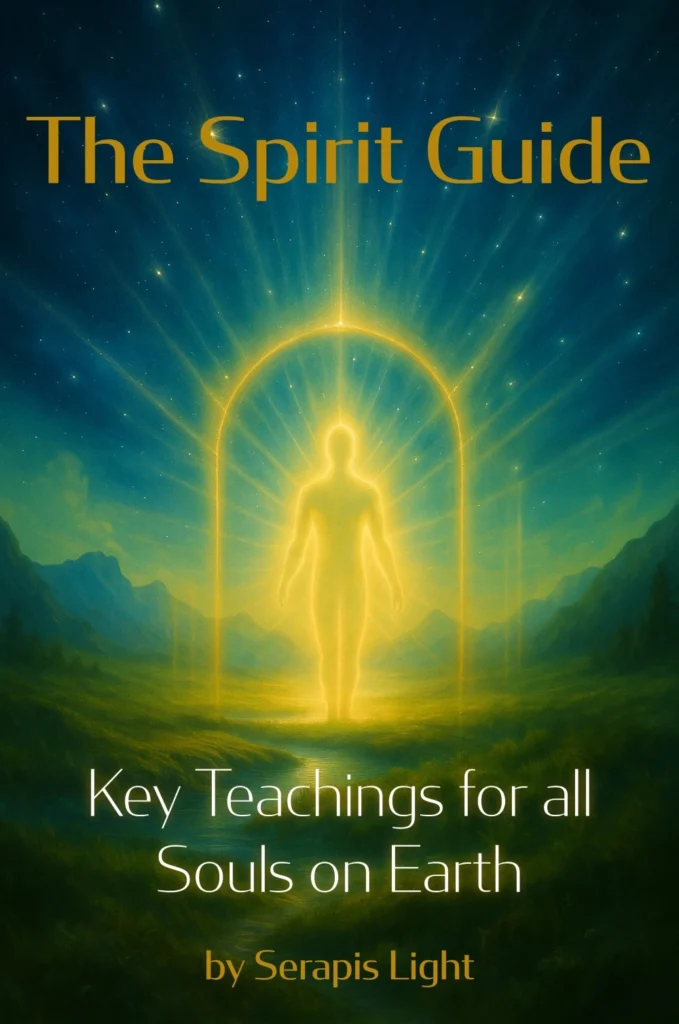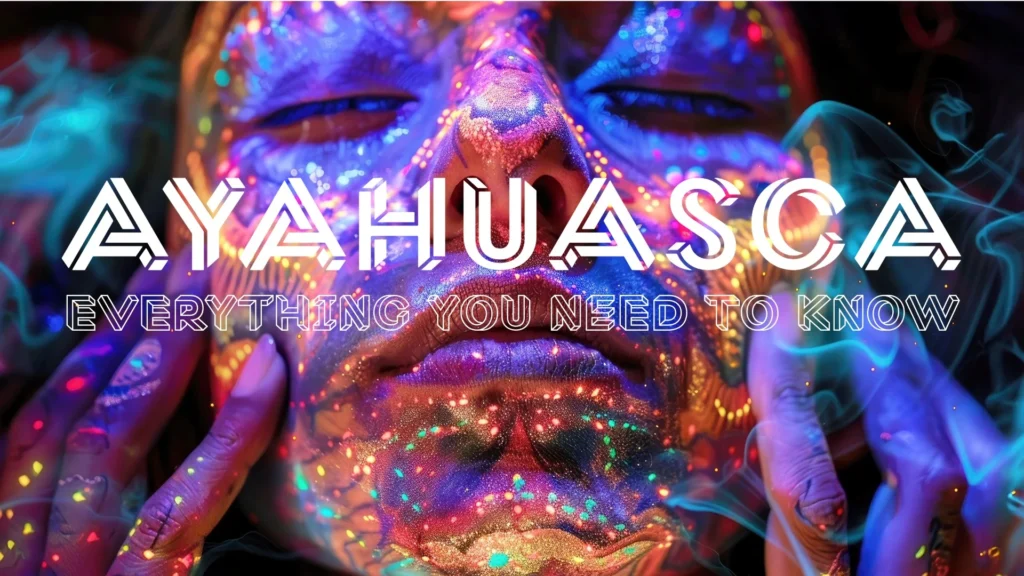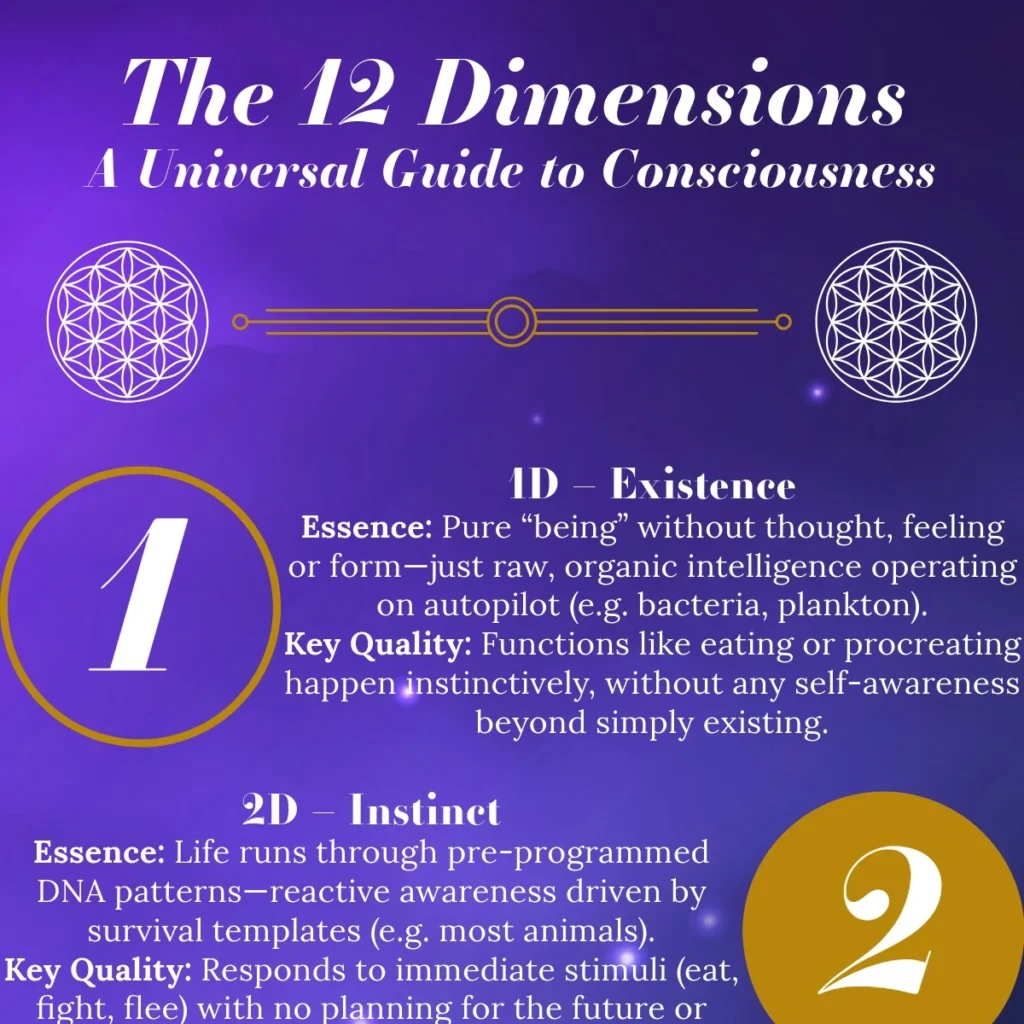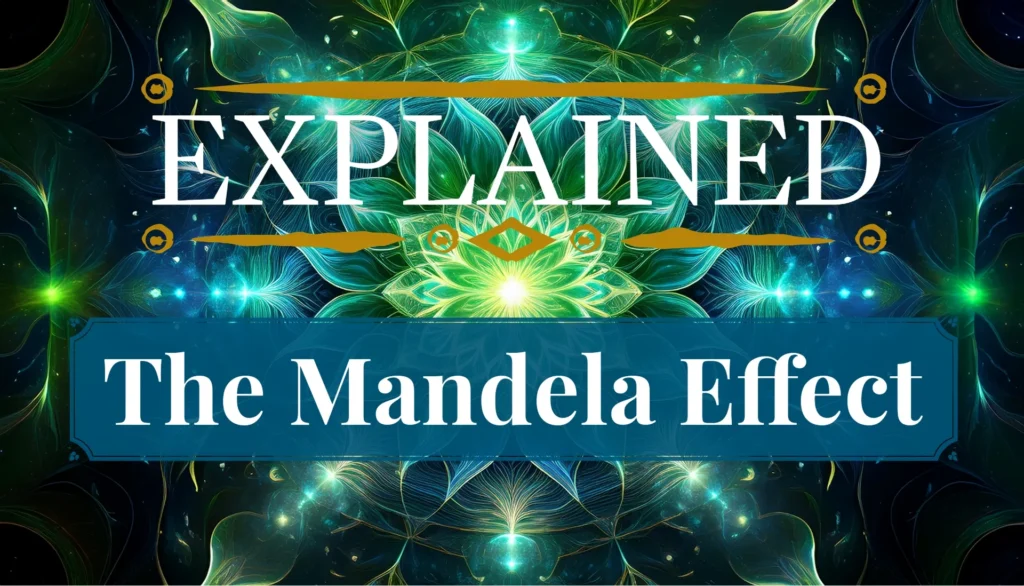Video/Audio Transcript
This is not an exact Caption, rather a reader-enhanced version of the Video for better understanding
What Is the Dark Night of the Soul?
The term “Dark Night of the Soul” sounds powerful and mysterious—but is it accurate? Over time, through my own ascension and expansion of consciousness, I’ve come to see that it’s not the soul that experiences the dark night. It’s the ego.
The soul, by its very nature, is your Higher Self. It doesn’t dwell in darkness. It is light. Therefore, what we often call a “dark night of the soul” is actually a dark night of the ego—a spiritual identity crisis where fear and illusion rise to the surface.
The Soul vs. the Ego: Key Differences
Your soul is a sixth-dimensional light being. It doesn't—and can't—experience fear or despair. The ego, on the other hand, is fear-based by default. Everyone's ego operates from fear unless they have begun the path of ascension, which leads to healing, inner peace, and ultimately, enlightenment.
Why the Term “Dark Night of the Soul” Is Misleading
This term conflates the ego’s pain with the soul’s journey. But your soul remains untouched by human suffering. What people call the “dark night of the soul” is actually the process of ego death—an inner transformation where the illusions held by the ego begin to dissolve.
This happens at various stages of the spiritual awakening journey.
Awakening Through Ego Death
Most people encounter this phase when they begin to question their life purpose, face trauma, or undergo deep transformation. It’s a sign that the soul is rising in awareness, illuminating the shadows that have lived in the unconscious.
During such times, people might describe feeling lost, disconnected, or in deep emotional pain—but what’s truly happening is that the soul is guiding them home.
Collective Dark Nights: The 2020–2021 Shift
This concept isn’t limited to individuals. Humanity collectively experienced a dark night of the ego around 2020 and 2021—a time of upheaval, breakdowns, and forced inner reflection. But again, it was not the soul that suffered—it was the collapse of collective ego structures.
Ego as Identity: The True Source of Fear
The word “ego” originally means “I” in Greek. It’s the self-image, the identity, the mask we wear. When that identity becomes disconnected from the soul, fear arises. That’s because the ego doesn’t know who it truly is—so it clings to control, certainty, and external validation.
But once the ego is aligned with the soul, fear dissolves.
The Importance of Language and Definition
I emphasize defining terms properly, because words shape perception. I’ve even created a lexicon on my website to clarify spiritual terminology. Misused words—like “dark night of the soul”—create confusion and block spiritual progress.
Instead, we should say:
“I’m having a dark night of the ego. My soul is shining light on my shadows.”
Reframing the Experience
Reframing this experience helps you move through it with clarity and purpose. Instead of being consumed by fear, you realize your soul is not in pain. Your ego is resisting transformation, and that’s what creates suffering.
Let the light of your soul dissolve that resistance.
Intuition and Surrender: The Way Through
The more conscious you become, the stronger your intuition. Surrendering to the soul’s guidance doesn’t mean giving up—it means trusting the path. Follow your intuition, your heart, your inner knowing. That’s how you navigate the so-called dark night.
Ascension: Merging Ego and Soul
Ascension is not about escaping this world—it’s about merging your ego identity with your soul’s truth. That’s what “raising your frequency” really means.
Your ego doesn’t disappear. It transforms. And in that transformation, your life becomes an expression of light.
Conclusion: Light the Night with Your Soul
To summarize:
Your soul never experiences darkness—it illuminates it.
The “dark night of the soul” is really the dark night of the ego.
This phase is a gateway to spiritual awakening and truth.
Let go of fear. Follow your intuition. Align your ego with your soul.
And most of all—trust the journey.
